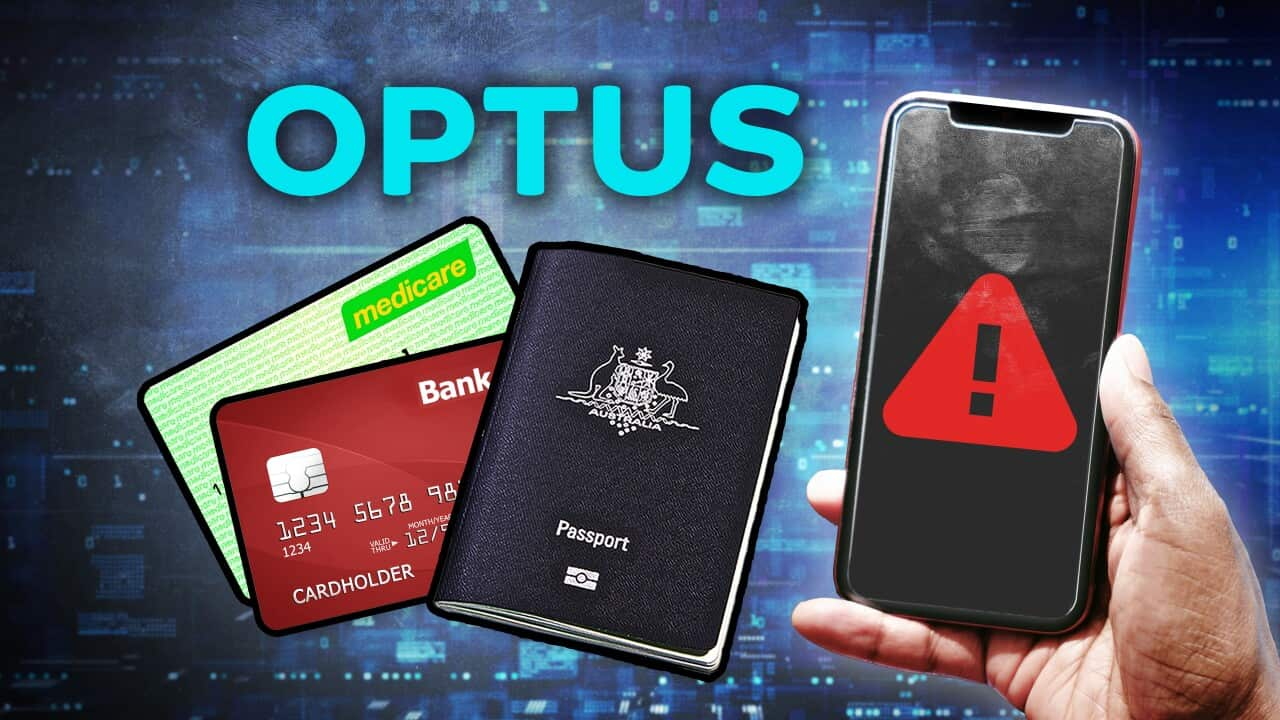Insight examines what happens when data is breached, and our identity is stolen. Watch Identity Crime on Tuesday, February 28 from 8:30pm on SBS or SBS On Demand.
Jim’s life changed forever in October last year.
He first learned his identity had been stolen when over $40,000 was withdrawn from his bank accounts in cash transactions. The criminal had convinced the banks they were Jim.
By using Jim’s details - including his name, address, Medicare number and tax file number - criminals were able to apply for loans, credit cards and bank accounts in his name. Months later, he’s still receiving speeding and parking fines, addressed to him but racked up by someone else.

The Australian Institute of Criminology found a quarter of Australians have been a victim of identity crime.
While the banks returned the withdrawn money, Jim says the impact went far beyond the financial stress.
“I felt like I was defeated,” he told Insight host Kumi Taguchi.
Jim’s wife Mary-Jane says the loss of control was the most difficult part.
“It’s like standing outside your house and watching it being burgled, and there’s nothing you can do,” she said.
“You just have to sit there, and you can’t see the person, but everything is missing.
”Jim’s identity theft came soon after the , one of Australia’s largest known data breaches. But there’s no way for Jim to know exactly how his details were leaked, how they came to be used, and who was behind the attack.
“It came to a stage where I thought it was a family member of mine,” Jim said. “That’s how weird, that’s how scared I got.”
Our personal details are collected, stored and shared on a daily basis. While they’re often safe and secure, experts say it’s not difficult for cybercriminals to access and misuse our private information, such as passwords, passport numbers and birthdates.
It’s like standing outside your house and watching it being burgled, and there’s nothing you can do.Mary-Jane
“Once they’re exfiltrated [unauthorised data transfer], once they’re on the dark web, they’re there forever. They’ll be traded by criminals,” said professional hacker Liam O’Shannessy.
“There’s no way to put the genie back in the bottle.”
Guests told Insight they’re asked to hand over details such as their name, email address and phone number almost constantly, and it’s not always obvious why they’re needed – even when doing mundane things like shopping for groceries or getting a haircut.

Samantha Floreani is a digital rights activist. Credit:
“You get asked for an exorbitant amount of personal information … things like years and years’ worth of employment history, years of rental history, sometimes full bank statements,” Ms Floreani told Insight.
“In the current rental market, there’s so much competition, it’s very challenging to secure a rental.
“You feel like you can’t say no, because you’ll just miss out on the property altogether.”
Experts have called for a range of measures to better protect our privacy – from regularly changing our passwords and being wary of scams, to stricter privacy laws and harsher penalties for businesses hit by data breaches.
There’s no way to put the genie back in the bottleLiam O’Shannessy
But for people like Jim who’ve already had their identity stolen, the only solution left can be a lot more personal.
“It’s been suggested that he change his name, so that we can move forward,” his wife said.
“That’s really the only way … him changing his own identity.”



